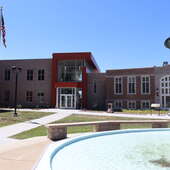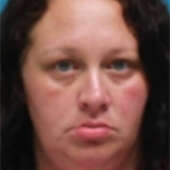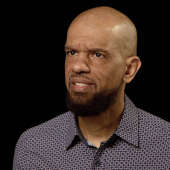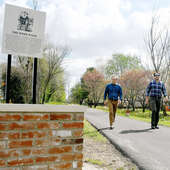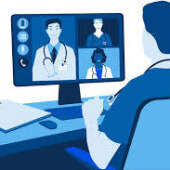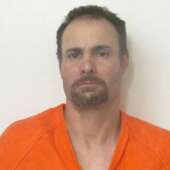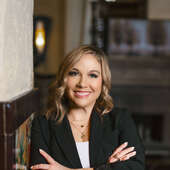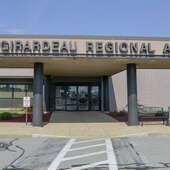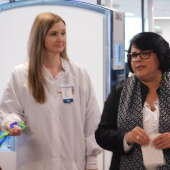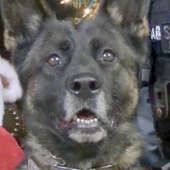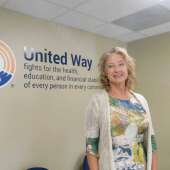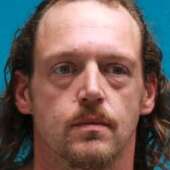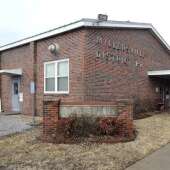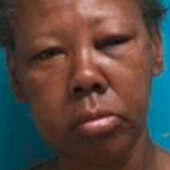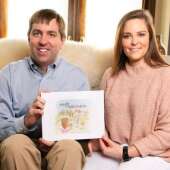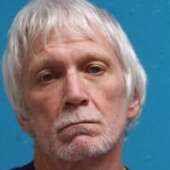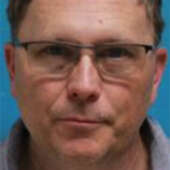2019 Newsmakers: Gayle Unverferth
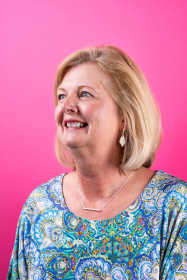
Next year, Gayle Unverferth, RN, OB nurse at SoutheastHEALTH who has served the Cape Girardeau community at the hosptial for 40 years, will retire.
Forty years at the same hospital in the same community is quite a feat. Especially today, when nurses often stay for only a couple of years at an institution due to the myriad of opportunities available. Throughout the past 40 years, Unverferth has contributed to the health and care of the Southeast Missouri community in a plethora of important ways, including helping establish SoutheastHEALTH's newborn intensive care unit (NICU) and bringing a Share Grief Support program to the hospital, which has helped 3,000 to 3,400 families heal after a miscarriage, stillbirth or newborn loss.
Unverferth's life of service at SoutheastHEALTH began in 1979, when she was hired as a labor nurse after working for two years at Saint Francis Hospital before they delivered babies. Although working as a labor nurse was what she had always wanted to do, labor nurses at that time were only provided two weeks of training before they were on their own, responsible for up to sometimes six labor patients at a time. Unverferth says she "never got comfortable with it." Six months later, the hospital announced they were going to open the first NICU between St. Louis and Memphis.
"They said, 'We need nurses, RNs,' and I said, 'I'm going there,'" Unverferth recalls. "So I went in there, got all kinds of training, and I loved it."
It's where Unverferth has dedicated her services ever since. In this role, she was part of the first ground transport team, did air transport and also traveled throughout the region to do outreach education, teaching nurses at other hospitals how to take care of mothers and their premature babies.
And in 1985, tasked by her nurse manager with bringing a bereavement program to SoutheastHEALTH to help families heal after a miscarriage, stillbirth or newborn loss, Unverferth and OB nurse Linda Logan, RN, MSN, brought the Share Grief Support program to the hospital. The program is the longest-running self-sustaining Share program in Missouri and has also been recognized at the national level for its team approach. Through the program, Unverferth and her team take pictures of a family's baby, do impressions of the baby's hands and feet, make Christmas ornaments with the baby's handprints and footprints, and counsel parents on what is normal or not in their grieving process. They also provide materials for parents to teach their other children about their loss, as well as an outfit made from a donated wedding dress for the baby to be buried in, or to be kept by the parents.
Unverferth and the Share team organize the Cape County Share Walk each October, which helps families remember their babies lost too soon. The walk is a healing opportunity for families, friends and health care providers that brings community awareness that these lives no matter how small are loved and remembered. At the event, a bereaved parent speaks about his or her experience, each person in attendance writes down the name of the baby they are there for with the list of names read off one at a time, followed by a bubble release. Funds raised from the walk allow the Share program to continue.
"When you lose a baby, that's probably one of the biggest tragedies in life," says Unverferth, who had two miscarriages herself the year she was first founding the program. "It actually takes anywhere from 18 to 24 months to even work through that [grieving] process. And so it's just so important that these families get some support, and grief programs like Share make such a difference."
Despite all of the purpose Unverferth has experienced in working with families and babies, it has not been a career without personal sacrifices: Unverferth recalls how her husband and children sacrificed much for her to pursue the long and sometimes inconvenient hours nurses work. She says she is grateful to them.
During her career, Unverferth has seen many changes in the health care and nursing industries. She says the biggest breakthrough in neonatology she has witnessed is the development of surfactant, a development that allows premature babies with low amounts of this to breathe, decreasing morbitiy amongst premature babies. Through advancements in medicine, techniques and knowledge of the medical field, she has also seen the age at which premature babies are saved go from 35 weeks to sometimes as low as even 23 weeks. At SoutheastHEALTH, she has been a part of four renovations to the NICU.
"I love what I do," Unverferth says. "I think one of the biggest compliments I get ... is when [a patient] looks at you and they go, 'Can you go home with me?' So it's just so fulfilling. I love it. I'm going to miss it. I'm going to miss it terribly."
As she looks back over her career, one thought sums up the passion and excitement with which Unverferth has lived as a nurse: "It has just been a wild ride."




